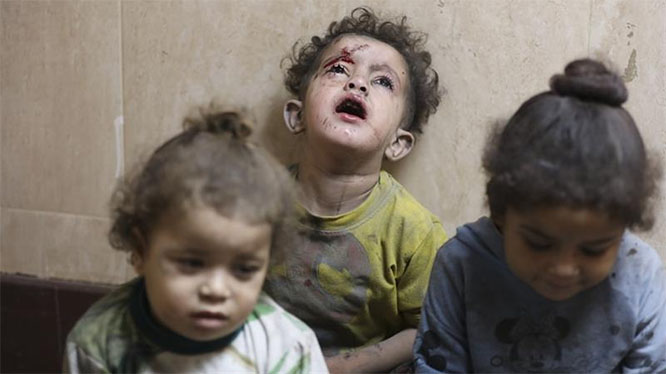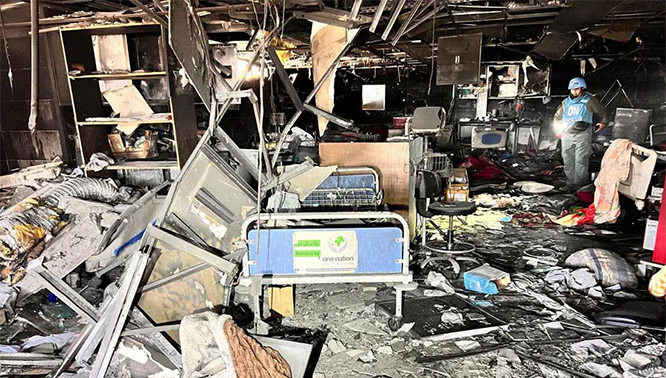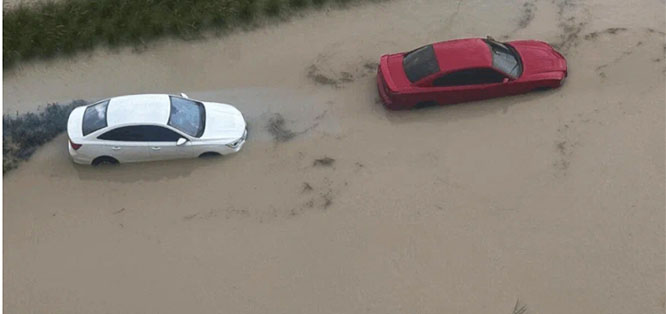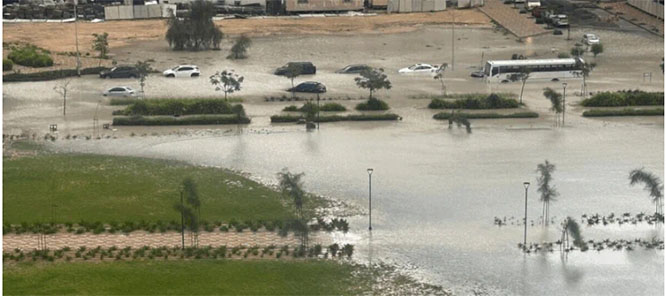Jeddah, May 23: The Saudi cabinet on Tuesday said that while the Kingdom believes all people in the region have a right to live in peace, including the Iranians, the international community must take firm action against the regime in Tehran to prevent it from spreading destruction and chaos.

After a meeting of the Council of Ministers at Assalam Palace, presided over by King Salman, Turki Al-Shabanah, the minister of media, told the Saudi Press Agency that the cabinet reviewed reports on regional and global development, and the king invited GCC leaders to hold Gulf and Arab summits in Makkah on May 30. The invitation reflects the Kingdom’s desire to work with other nations to boost security and stability in the region, the minister said, especially in light of the Iran’s continuing aggressive actions. The regime’s recent activities threaten regional and international peace and security, and the supply and stability of international oil markets, he added.
Al-Shabanah reiterated the Kingdom’s commitment to peace and said it will make every effort to prevent war. The nation’s hand is always extended, he added, in the belief that everyone in the region, including the Iranians, has the right to live in a secure and stable environment.
However, the cabinet called on the international community to shoulder its responsibilities by taking a firm stance against the actions of the regime in Tehran, to prevent its disruptive and destructive activities throughout the world. It also called on Iran to halt the reckless and irresponsible behavior of its agents, to save the region from the dangers they pose and potential repercussions.
The cabinet also expressed the Kingdom’s hopes and expectations that the 14th Ordinary Session of the Islamic Summit Conference, will encourage unity of response to ongoing events in the Islamic world. The summit, chaired by King Salman, will be held in Makkah on May 31 under the title “Makkah Summit: Hand in Hand toward the Future.”
Ministers heard that the Kingdom has sent $250 million to the Central Bank of Sudan as part of a previously announced package of assistance in partnership with the United Arab Emirates. This latest demonstration of support from the Kingdom to the Sudanese people aims to help stabilize the country’s economy, and strengthen the Sudanese pound in particular, to help improve the lives of the nation’s people.
The cabinet also welcomed the decision of the 14th meeting of the Joint Ministerial Committee to monitor an oil production reduction agreement concluded in Jeddah, which was headed by the Kingdom and Russia, and affirmed its commitment to balancing the oil market and stabilizing it on a sustainable basis.
Turning to local affairs, the Council of Ministers confirmed the generous support of SR 100 million ($26.7 million) from the king, and SR 30 million from Crown Prince Mohammed bin Salman to the Jood Housing platform. Launched a day earlier, and supervised by the National Housing Development Association, it aims to accelerate the development process through the introduction of a new model of social solidarity, in which government, charities and commercial entities work together in accordance with regulations designed to provide support for those in need.
The council also discussed the results of the 26th meeting of the region’s governors, and praised the king for his directives designed to preserve security and help people throughout the Kingdom.










Comments
Add new comment